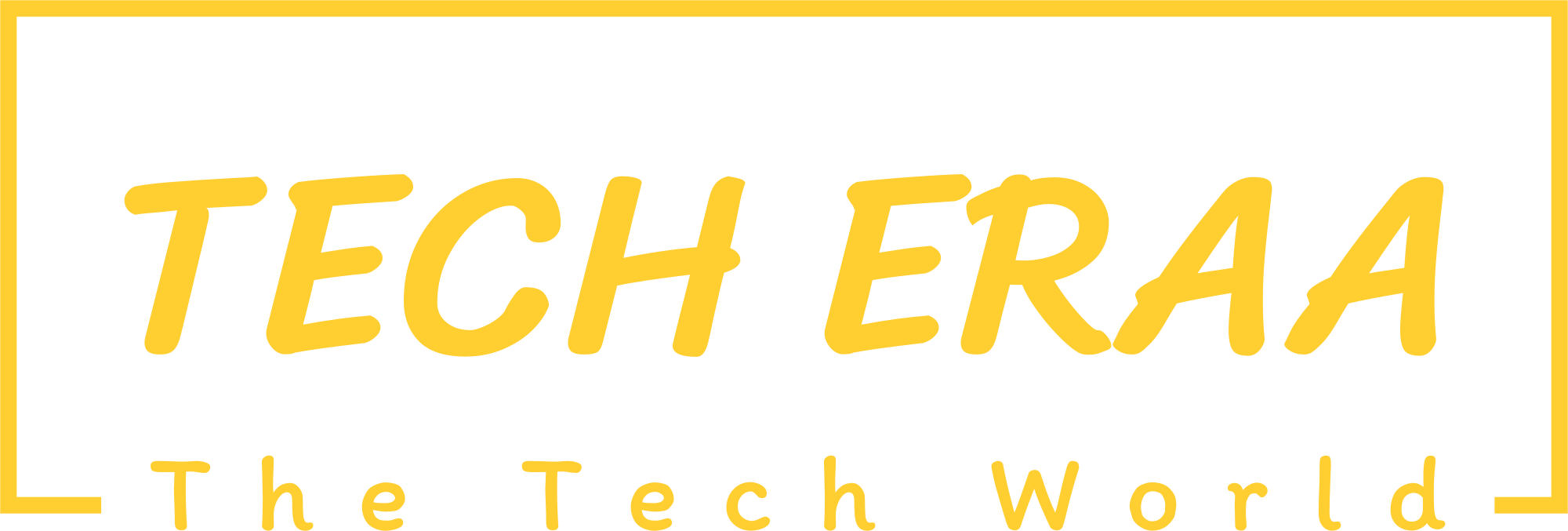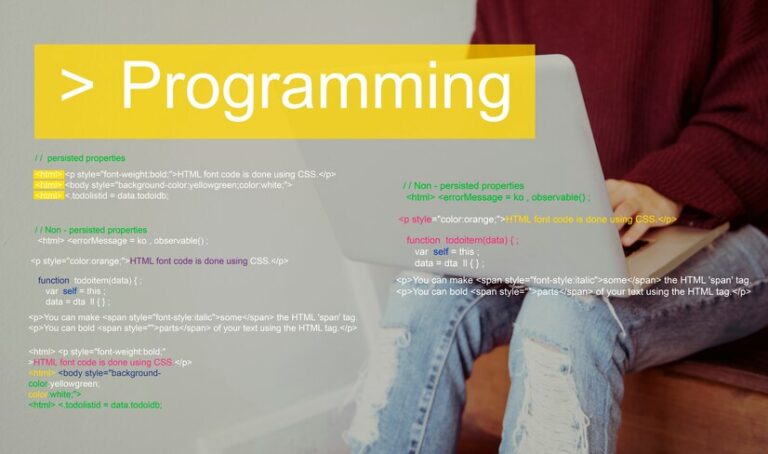Introduction to Coding
In today’s digital age, Beginner’s Guide to Coding has become a fundamental skill that opens doors to numerous opportunities. Whether you aspire to become a software developer, data analyst, or simply want to understand how technology works, learning to code is a valuable investment in your future.
Why Learn Coding?
Coding empowers individuals to create, innovate, and solve problems efficiently. In a world driven by technology, the demand for skilled coders continues to rise across various industries. From developing mobile apps to analyzing big data, coding skills are indispensable in the modern job market.
Getting Started with Coding
To embark on your coding journey, begin by selecting a programming language that aligns with your interests and goals. Popular choices for beginners include Python, JavaScript, and HTML/CSS. Once you’ve chosen a language, set up your development environment by installing the necessary tools and software.
Fundamental Concepts of Coding
Before diving into coding projects, familiarize yourself with fundamental concepts such as variables, data types, loops, conditionals, functions, and methods. Understanding these building blocks will lay a solid foundation for your coding endeavors.
Common Coding Languages for Beginners
Python stands out as an excellent choice for beginners due to its simplicity and versatility. JavaScript is ideal for web development, while HTML/CSS are essential for creating engaging web pages and user interfaces.
Online Resources and Courses for Learning Coding
Numerous online platforms offer comprehensive coding courses and tutorials for learners of all levels. Whether you prefer interactive exercises or video lectures, there are resources available to suit your learning style and pace.
Practical Projects for Beginners
Put your coding skills into practice by working on simple projects such as building a personal website or creating a basic calculator application. These hands-on projects will reinforce your understanding of coding concepts and boost your confidence as a programmer.
Overcoming Challenges in Learning Coding
Learning to code can be challenging at times, but don’t be discouraged by setbacks. Embrace challenges as opportunities for growth, and remember that every coder encounters obstacles along the way. Seek support from online communities, forums, and mentors to overcome hurdles and keep moving forward.
Developing Problem-Solving Skills
Coding encourages critical thinking and problem-solving abilities. Approach coding challenges systematically by breaking down complex problems into smaller, manageable tasks. Learn to debug code effectively and utilize resources such as documentation and online forums to troubleshoot issues.
Staying Motivated Throughout Your Coding Journey
Stay motivated by setting realistic goals and tracking your progress. Celebrate your achievements, no matter how small, and recognize that learning to code is a continuous process. Surround yourself with like-minded individuals who share your passion for coding and encourage each other to succeed.
Networking and Community Engagement
Engage with coding communities both online and offline to expand your network and exchange knowledge and ideas. Participate in coding events, hackathons, and workshops to collaborate with peers, showcase your projects, and learn from industry professionals.
Preparing for Advanced Learning
As you advance in your coding skills, explore specialized areas such as machine learning, web development frameworks, or cybersecurity. Continuously seek opportunities for further education and professional development to stay ahead in the rapidly evolving tech landscape.
The Future of Coding
As technology continues to evolve, so do the possibilities within the coding realm. Stay informed about emerging trends such as artificial intelligence, blockchain, and Internet of Things (IoT) to capitalize on future career opportunities and stay relevant in the digital age.
Conclusion
Embarking on a coding journey as a beginner may seem daunting, but with dedication, perseverance, and the right resources, anyone can learn to code. Remember that coding is not just about writing lines of code; it’s about problem-solving, creativity, and continuous learning. Embrace the challenges, celebrate the victories, and enjoy the endless possibilities that coding has to offer.
FAQs
- Is coding difficult for beginners? Learning to code requires patience and practice, but with dedication and persistence, beginners can grasp coding concepts gradually.
- Which programming language is best for beginners? Python is often recommended for beginners due to its simplicity and readability, making it an excellent choice for learning the fundamentals of coding.
- How long does it take to learn coding? The time it takes to learn coding varies depending on individual learning styles, dedication, and the complexity of the chosen programming language. With consistent effort, beginners can start writing basic code within a few weeks to a few months.
- Are coding bootcamps worth it for beginners? Coding bootcamps can be valuable for beginners seeking immersive learning experiences and mentorship. However, it’s essential to research thoroughly and choose a reputable bootcamp that aligns with your goals and learning preferences.
- How can I stay motivated while learning to code? Set achievable goals, celebrate your progress, and find coding communities and mentors for support and encouragement. Remember that setbacks are natural, and perseverance is key to success in coding.


